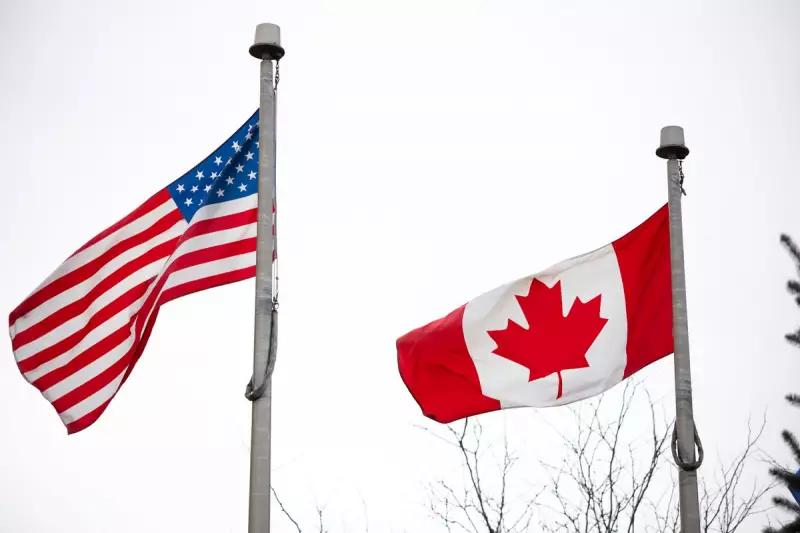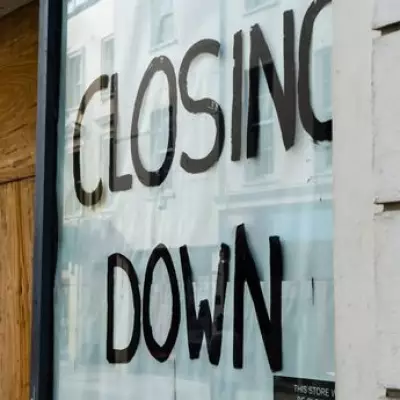
A group of American tourists has ignited a firestorm of controversy in Quebec City after flying the American flag from their hotel window in a bold display that locals are calling a "cultural affront."
The Flag That Caused a Furore
The incident occurred at the prestigious Hotel Clarendon, where visitors from the United States decided to prominently display their national flag overlooking the historic Place d'Armes square. This area sits in the shadow of the famous Fairmont Le Château Frontenac and represents the very heart of French-Canadian heritage.
Local residents and business owners were quick to express their outrage at what many perceived as an act of cultural insensitivity. The flag remained visible for several hours, drawing criticism from passersby and sparking intense debate on social media platforms.
Local Reaction: From Bafflement to Anger
"It's disrespectful to come to our historic city and impose your flag in this manner," remarked one Quebec City resident who witnessed the display. "This isn't just any location - this is the cradle of French civilization in North America."
Business owners in the vicinity expressed concern that such actions could damage the city's reputation as a welcoming destination for international visitors while showing disregard for local customs and historical significance.
A Pattern of Tourist Behaviour?
This incident comes amid growing discussions about tourist etiquette and cultural sensitivity in post-pandemic travel. As international tourism rebounds, destinations worldwide are reporting increased instances of visitors overlooking local customs and traditions.
Travel experts suggest that while national pride is understandable, displaying national flags in foreign countries requires careful consideration of local context and historical sensitivities.
The Bigger Picture: Tourism and Cultural Respect
The Quebec City flag controversy highlights the delicate balance between national pride and cultural respect that modern travellers must navigate. As one tourism professional noted, "The best visitors are those who come to learn and appreciate, not to impose their identity on the places they visit."
Local authorities have yet to comment on whether any formal complaints have been lodged, but the incident continues to generate discussion about appropriate behaviour for tourists in culturally significant locations.





